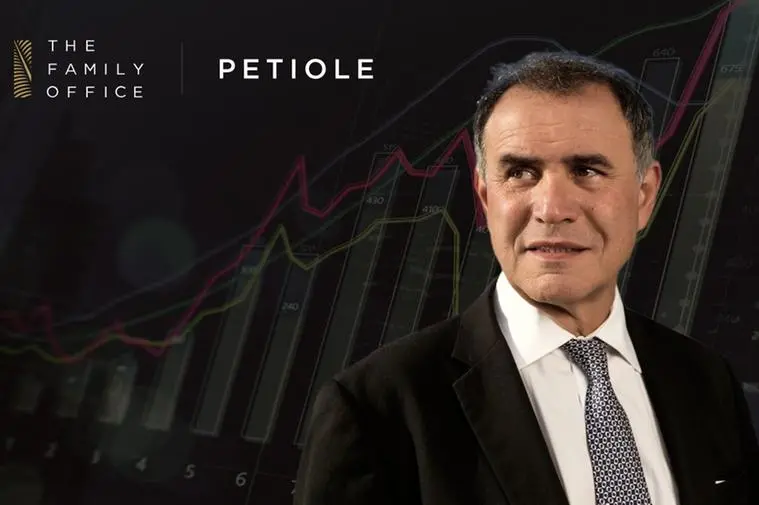PHOTO
Manama, Bahrain – Naji Nehme, Chief Investment Officer at Petiole Asset Management AG, and prominent investment guru Nouriel Roubini, CEO of Roubini Macro Associates LLC, recently debated the outlook of investment opportunities in 2023. They concluded that some of the greatest investment opportunities for high-net-worth investors will be found in private markets.
Private market investments include real estate, infrastructure, some commodities, private debt, venture capital (VC) and private equity (PE). What these assets have in common is that they are illiquid and are not priced on stock exchanges or other established marketplaces. That fact alone means that their value have an element of stability. More important though is their long time horizon that can span over five, 10 or 20 years.
Problems that are likely to persist in the next two to three years are expected to have far less impacts on private market investments in comparison to public markets. This is important because the global investment outlook continues to be challenging after an already very difficult year in 2022.
The main problem last year was high inflation that reached double-digits in many developed countries. This resulted in a brutal and simultaneous (and very unusual) sell-off in stocks and bonds.
Inflation rose for various reasons. Governments and central banks aggressively pumped money in response to the COVID-19 pandemic, after having done the same during the global and euro-zone financial crises. 2022 also witnessed supply shocks that resulted from the persistent lockdown in China and Russia’s invasion of Ukraine.
Inflation turned out to be permanent. It’s now clear that central banks cannot fight inflation without inducing a recession. The beginning of 2023 will be very different from the beginning of 2022. Interest rates and bond yields are much higher now than they were a year ago, and many share prices have dropped.
Investors should also take into consideration two other concerns. The first is that debt levels in many economies are high and rising. The second is that the geopolitical situation will remain difficult with players like the US, China, Russia and Iran competing over dominance.
This suggests that the global and local economic growth is likely to be negative. Stagflation, which is a combination of weak growth and high inflation last seen in developed countries in the late 1970s, is the most likely outcome for 2023.
Private market investments can hedge against the above economic concerns. It’s also the case of gold and other precious metals.
Many major stocks and bonds could still face pressure in 2023, and technology-related investments need to be approached with caution. Emerging industries such as artificial intelligence (AI), quantum computing and nuclear fusion have massive growth potential. They are however expected to lead to permanent unemployment, with an increase of social and economic inequality.
Watch the full webinar here: www.tfoco.com/en/insights/webinars/economic-trends-that-will-shape-2023-and-beyond
-Ends-
About The Family Office:
The Family Office in Bahrain and its Riyadh-based wealth manager, The Family Office International Investment Company, are regulated by the Central Bank of Bahrain and the Capital Market Authority of Saudi Arabia, serving hundreds of family and individual investors. The firm helps clients achieve their wealth goals through custom-made investment strategies that cater to their unique needs.
Disclaimer:
The Family Office Co. BSC (c) is a Category 1 Investment Firm regulated by the Central Bank of Bahrain, C.R. No. 53871 dated 21/6/2004. Paid Up Capital: $10.000.000. The Family Office Co. BSC (c) only offers products and services to ‘accredited investors’ as defined by the Central Bank of Bahrain.
The Family Office International Investment is a joint-stock closed company owned by one person. Paid-up capital: SAR 20 million. CR No. 7007701696. It was licensed by the Capital Market Authority (No. 17-182-30) to carry out arranging, advisory and managing investments and operating funds, with respect to securities.




















